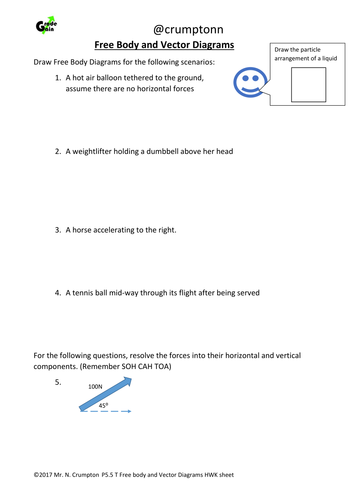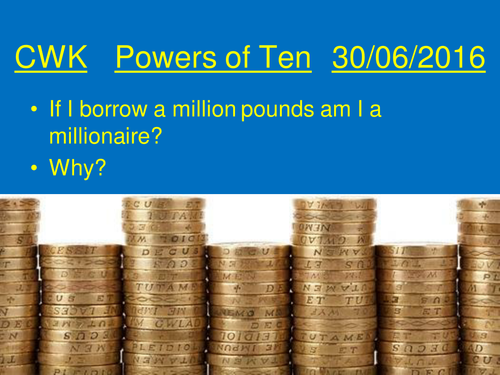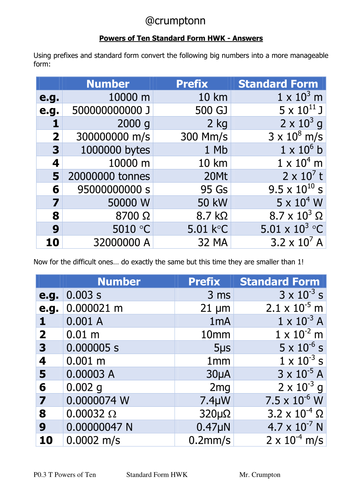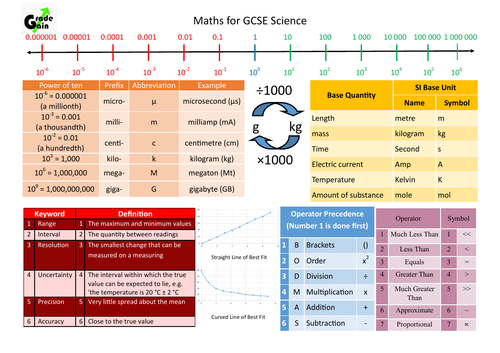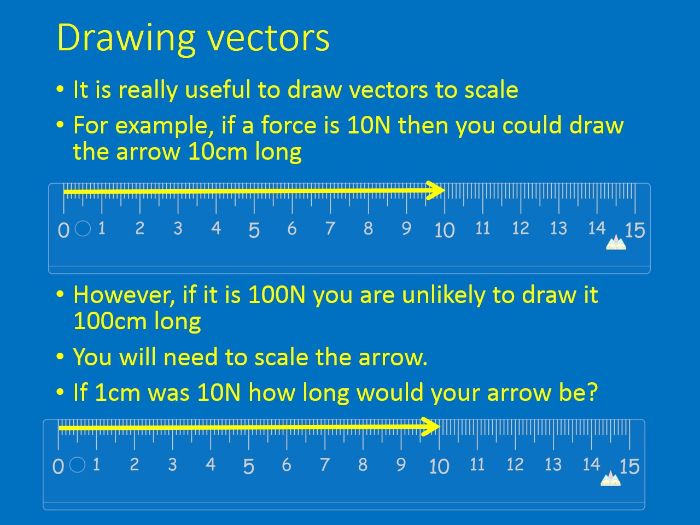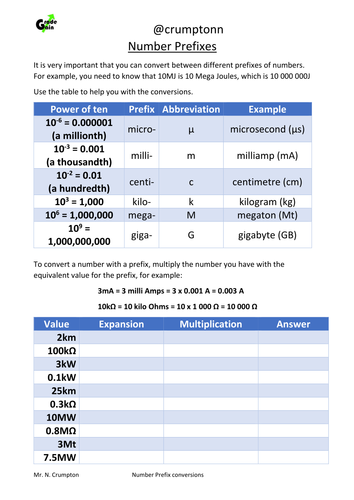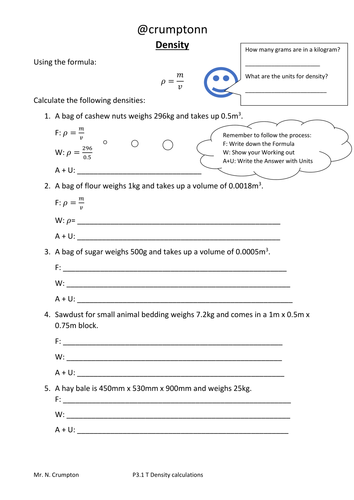Grade Gain
I am currently a Teacher of Science and I have a background in Telecomms and Software Engineering. I can occasionally be found on BBC Radio Shropshire as their Science Teacher. I enjoy finding innovative ways to help students revise and have developed the Grade Gain app for Science revision.


